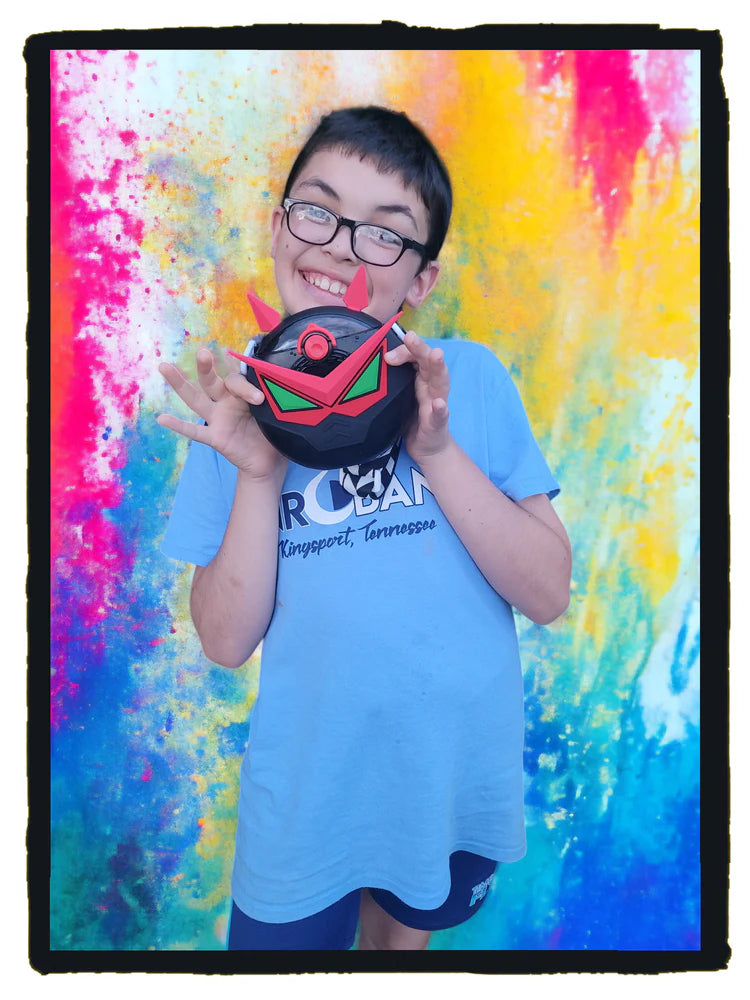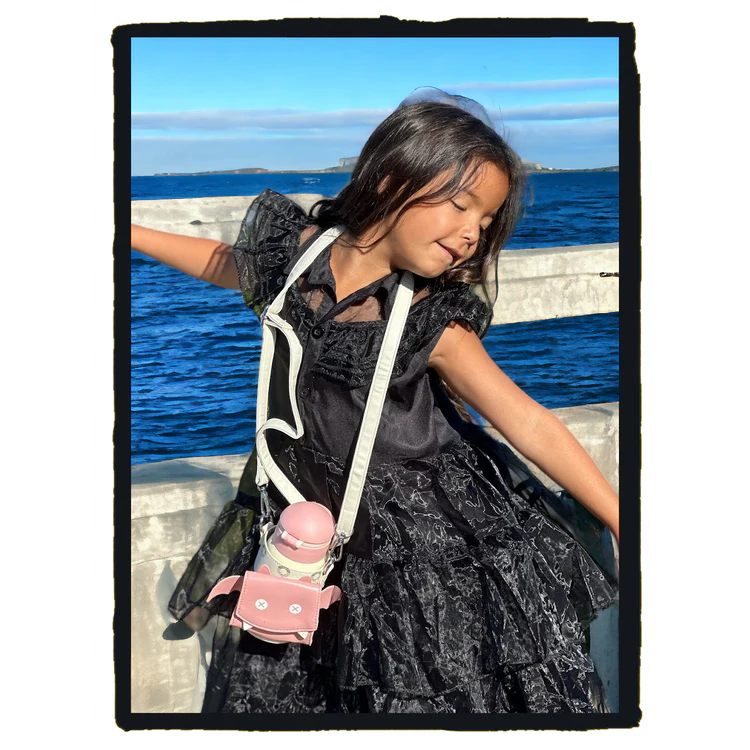Have you ever paused to wonder if everything you've heard about hydration is actually true? From the famous "eight glasses a day" rule to claims that coffee dehydrates you, misinformation about staying hydrated is surprisingly common. In fact, a study cited by NPR highlights that many widely accepted beliefs about hydration have little scientific backing.
Proper hydration is essential for every cell and system in the body. It supports digestion, regulates temperature, cushions joints, and aids in cognitive performance. Yet, misunderstanding how to hydrate correctly can lead to either neglecting our fluid needs or overcompensating in ways that aren't actually healthy.
In this article we’ll separate fact from fiction, with the help of research from Summa Health, National Council on Aging, and Healthy Nurse Healthy Nation, so you can maintain better hydration habits based on real science.
This article will cover the following common hydration myths:
-
Myth 1: You must drink eight glasses of water a day.
-
Myth 2: If you feel thirsty, you're already dehydrated.
-
Myth 3: Only water can hydrate you.
-
Myth 4: Dark urine always means dehydration.
-
Myth 5: Coffee and tea dehydrate you.
-
Myth 6: You should drink as much water as possible.
-
Myth 7: Everyone needs the same amount of water.
1. Myth: You Must Drink Eight Glasses of Water a Day
Fact: Hydration needs vary from person to person.
Many people have heard the rule that you need to drink eight glasses (about 2 liters) of water every day. But this "one-size-fits-all" guideline doesn’t apply to everyone. The truth is, hydration needs are highly individual and depend on various factors such as age, weight, activity level, and even the climate you live in.
Details:
Sources of hydration go beyond just water. Your body gets fluids from a variety of food and drinks. For example, fruits and vegetables like cucumbers, watermelon, and oranges have high water content. Soups, milk, and even beverages like coffee and tea also contribute to your overall hydration. So, instead of focusing solely on water, consider a more holistic approach to fluid intake.
2. Myth: If You Feel Thirsty, You're Already Dehydrated
Fact: Thirst is a natural reminder, not an emergency signal.
Many believe that thirst is a late-stage indicator of dehydration, but that's not entirely accurate. Thirst is simply your body’s natural mechanism to signal that it needs more fluids. It doesn’t necessarily mean you're already in a state of dehydration.
Details:
Understanding how thirst works is crucial. While chronic thirst may indicate dehydration, an occasional feeling of thirst is just your body’s way of reminding you to drink more. Only in extreme cases — such as during intense physical activity or in hot climates — should you take immediate action to hydrate. Thirst is not an emergency signal, but rather a normal bodily function.
3. Myth: Only Water Can Hydrate You
Fact: Many foods and beverages contribute to hydration.
A common misconception is that only water is effective for staying hydrated. While water is an excellent choice, it’s not the only option. In fact, a wide range of foods and beverages can contribute to your daily hydration needs.
Details:
Fruits and vegetables are packed with water — think cucumbers, watermelon, and strawberries. Soups, broths, and smoothies also provide valuable hydration. Milk, both dairy and plant-based, offers a good balance of hydration and nutrients. Even coffee and tea, despite their caffeine content, can contribute to hydration if consumed in moderation. So, don’t limit yourself to just water; aim for a variety of hydrating foods and drinks.
4. Myth: Dark Urine Always Means Dehydration
Fact: Urine color can vary for many reasons, not just dehydration.
Urine color is often used as a quick indicator of hydration status, but it’s not always as straightforward as it seems. While dark yellow urine can be a sign of dehydration, it’s not the only factor that determines its color.
Details:
Several factors can affect the color of your urine, including the foods you eat (such as beets or berries), certain medications, and even supplements like vitamins. If your urine is consistently dark, it could indicate dehydration, but it may also be the result of other factors. Pay attention to overall hydration levels and other symptoms, rather than relying solely on urine color.
5. Myth: Coffee and Tea Dehydrate You
Fact: Moderate consumption of caffeinated drinks still contributes to hydration.
For years, coffee and tea have been thought of as dehydrating because of their caffeine content. However, recent studies show that moderate amounts of caffeine don’t have a significant dehydrating effect.
Details:
Caffeine is a mild diuretic, meaning it can increase urination. But the fluid you consume through caffeinated drinks still counts toward your hydration. According to experts, the diuretic effect of caffeine is not strong enough to outweigh the hydration benefits of coffee or tea. In fact, both beverages can help keep you hydrated as long as they’re consumed in moderation.
6. Myth: You Should Drink as Much Water as Possible
Fact: Overhydration can be dangerous (hyponatremia).
While staying hydrated is important, it’s equally important not to overdo it. Drinking excessive amounts of water in a short period can lead to a dangerous condition known as hyponatremia or water intoxication. This occurs when the balance of sodium in your blood becomes too diluted.
Details:
Listening to your body’s natural cues is key. Most people can hydrate just fine by drinking to thirst and adjusting their intake based on activity levels and climate. Avoid the temptation to drink excessive amounts of water in an attempt to “flush out toxins,” as overhydration can have serious health consequences. Balance is crucial.
7. Myth: Everyone Needs the Same Amount of Water
Fact: Age, weight, climate, health conditions, and activity level affect hydration needs.
The “one-size-fits-all” approach to hydration doesn’t work. While the eight-glasses-a-day rule may apply to some, others may need more or less depending on personal factors. The amount of water you need is influenced by your body size, how active you are, the environment you’re in, and even your health status.
Details:
People who exercise regularly, live in hotter climates, or are pregnant or breastfeeding may require more fluids than others. On the other hand, those with certain health conditions, like kidney disease, might need to limit fluid intake. Hydration advice should be personalized, taking into account individual factors like activity level, age, and even gender. Always listen to your body and adjust accordingly.
Conclusion
Staying properly hydrated is essential for feeling your best, but it’s important to know the real facts behind hydration. As we’ve seen, the truth is more nuanced than simply following the “eight glasses a day” rule. Everyone’s hydration needs are different, and it’s about listening to your body and adjusting based on factors like activity, climate, and even personal health.
Finding the right balance is key. So, whether you’re sipping water, enjoying a hydrating smoothie, or grabbing a cup of tea, make hydration work for you. And if you’re looking for a fun, easy way to stay on top of your hydration, Cocosmile cups are a great option. With their sleek design and practicality, they’re a great reminder to drink more and stay refreshed throughout your day.
So, take care of yourself, stay mindful of what your body needs, and most importantly, stay hydrated!
FAQs:
Do I really need to drink eight glasses of water every day?
No, hydration needs vary from person to person. While the "eight glasses" rule is a common guideline, the actual amount of water you need depends on factors like your age, activity level, and the climate you live in. Hydration can also come from foods and other drinks, not just water.
Is thirst a sign that I'm already dehydrated?
Not necessarily. Thirst is your body's natural reminder that it needs more fluid. It’s not an emergency signal but rather an early indicator that you may need to drink more. Only in extreme cases should you worry about dehydration when you feel thirsty.
Can I stay hydrated with drinks other than water?
Absolutely! Hydration comes from a variety of sources. Many beverages like milk, herbal teas, and even coffee can contribute to your daily hydration. Fruits and vegetables with high water content (like watermelon and cucumbers) also help keep you hydrated.
Does dark urine always mean I'm dehydrated?
Not always. While dark yellow urine can indicate dehydration, other factors like foods, medications, or supplements can affect urine color. It’s important to look at overall hydration and other signs, rather than relying on urine color alone.
Does drinking coffee and tea dehydrate me?
Moderate amounts of coffee and tea don’t dehydrate you. While caffeine is a mild diuretic, the fluid you consume from these drinks still counts toward your hydration. Just be mindful of your caffeine intake and balance it with water and other hydrating options.




